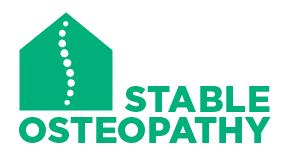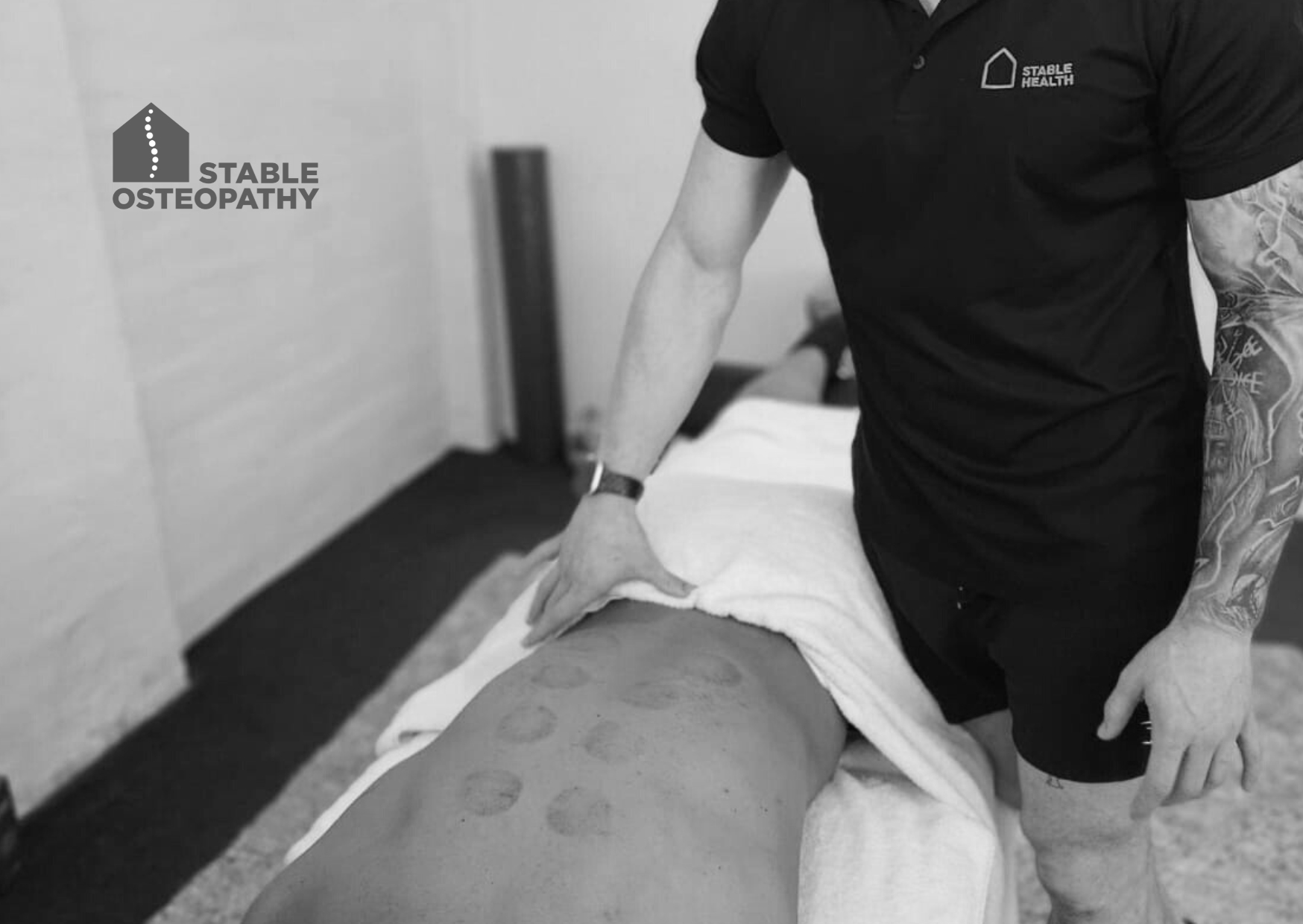Osteopathy can be highly beneficial for clients under the National Disability Insurance Scheme (NDIS) because it offers a holistic approach to managing chronic pain, mobility issues, and overall body function. Here’s how osteopathy can support NDIS clients:
-
- Pain Management: Osteopaths use techniques such as gentle manipulations, stretching, and massage to relieve musculoskeletal pain. This approach can be helpful for clients with chronic conditions or disabilities that involve constant pain, providing an alternative or complement to medication.
- Improved Mobility and Function: For clients with mobility challenges, osteopathy focuses on enhancing joint function, muscle flexibility, and alignment. This can make daily movements easier and reduce the risk of further injury, which is especially helpful for clients who rely on mobility aids or have restricted physical ability.
- Enhanced Nervous System Support: Osteopathy can also positively influence the nervous system through techniques that relax muscles and improve circulation. This can be helpful for clients with neurological disorders, as it may support the body’s self-regulation and aid in managing symptoms.
- Support for Rehabilitation: Osteopathy complements other therapeutic interventions and can be part of a broader rehabilitation plan, especially for NDIS clients recovering from injury or surgery. By helping the body return to its natural balance, osteopathy supports faster, more sustainable recovery.
- Individualized Care: Osteopaths can tailor their treatments to suit each client’s specific needs and goals. This is particularly valuable for NDIS clients, as they often have unique conditions and health objectives.
- Non-Invasive Therapy: Osteopathy is a gentle, non-invasive therapy, making it a suitable choice for clients who may not tolerate more intensive physical therapies. The treatments aim to be restorative and safe, fitting well with many clients’ comfort levels.
For NDIS clients, osteopathy can provide a holistic approach that focuses on the whole body, enabling greater autonomy, comfort, and overall quality of life.


